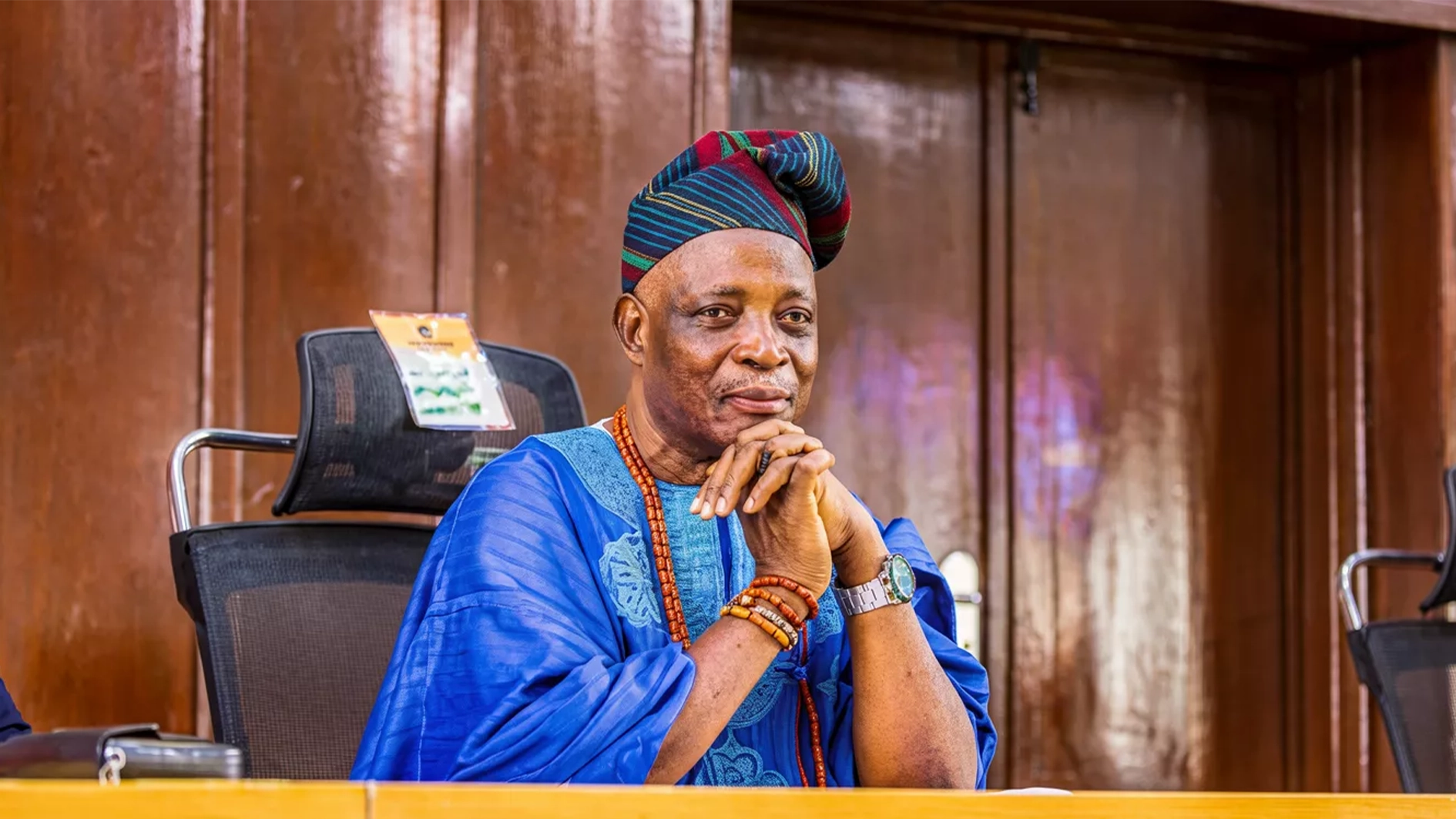Britain and South Africa have returned to a Ghanaian traditional king over 130 gold and bronze artefacts taken between the 1870s and the early 20th century, his palace announce
Asante King Otumfuo Osei Tutu II received the artefacts at the Manhyia Palace Museum in the Asante capital Kumasi on Sunday, a royal statement said.
The items included royal regalia, drums, and ceremonial gold weights and depict governance systems, spiritual beliefs and the role of gold in Asante society.
Their return comes as pressure mounts on Western museums and institutions to address the restitution of African artefacts plundered by colonial powers such as Britain, France, Germany, and Belgium.
At the ceremony, the Asante king thanked AngloGold Ashanti, a South African mining company, for returning several items purchased on the open market. The mining giant returned some artefacts to Ghana in 2024.
The latest repatriation included 110 artefacts from the Barbier-Muller Museum collection in Geneva, assembled by collector Josef Muller in 1904.
Twenty-five other items were donated by British art historian Hermione Waterfield, who established the Tribal Art Department at Christie’s in 1971.
According to art historian and Manhyia Palace Museum director, Ivor Agyeman-Duah, Waterfield’s gifts included a wooden drum believed to have been seized during the 1900 siege of Kumasi by British forces.
In 2024, the Manhyia Palace Museum received 67 restituted or loaned cultural objects from institutions including London’s British Museum and Victoria and Albert Museum, and the Fowler Museum in Los Angeles.
Similarly, thieves have made off with several ancient gold ingots from Syria’s national museum in Damascus, a security source and another close to the institution’s management said Tuesday.
The museum was spared during Syria’s destructive civil war that ran from 2011 to late last year, and houses priceless artefacts dating back to antiquity.
The robbery took place overnight from Sunday to Monday, with the source close to the management telling AFP that “six items were stolen from the so-called classical wing” — one of the museum’s most important sections, home to artefacts from the Hellenistic, Roman and Byzantine eras.
They described the items as gold ingots, without specifying their age or provenance.
The security source separately confirmed the details.
A manager at the museum declined to comment, saying only that the institution “is closed for security reasons and will reopen next week”.
Syrian authorities have also not officially confirmed the burglary.
Another security source said “several employees and guards at the museum were detained” after the theft, and were “subjected to interrogation before being released”.
An official from the department overseeing Syria’s museums told AFP on condition of anonymity that security forces had forbidden employees from entering the exhibition halls since the incident.






